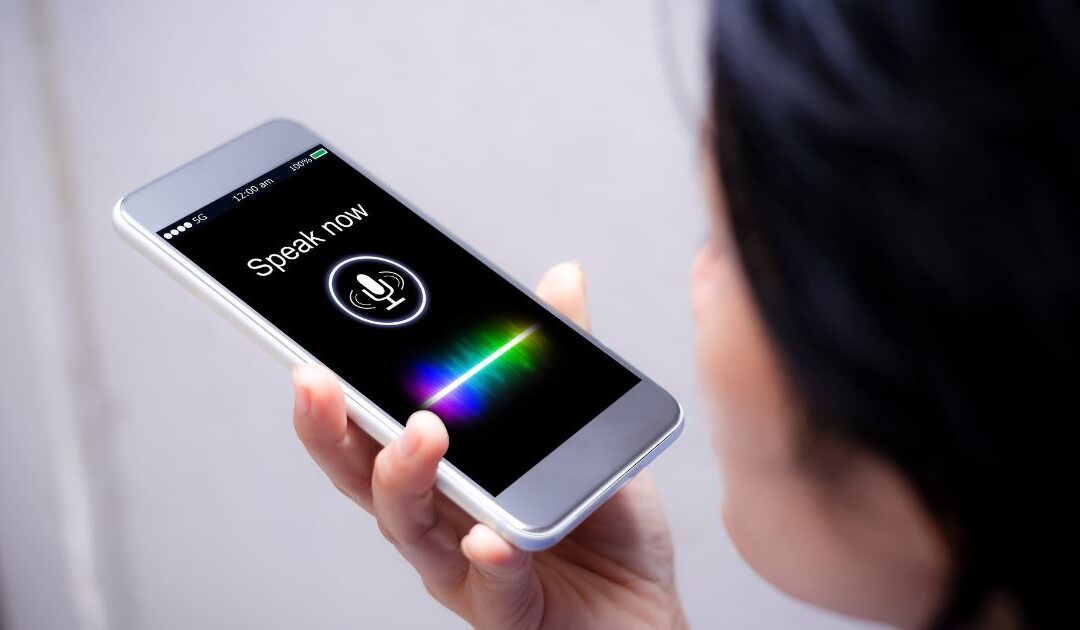Hey Siri, Hi Bixby, Hey Alexa are three phrases people utter fairly frequently. Voice recognition (speaker identification) has made our world more accessible and improved the quality of life for millions globally. Speaker identification technology initially started as a way to help people with accessibility issues live independently and do things for themselves, but it has grown to become an essential tool used by almost everybody. Today, you can even use voice recognition software to access casino games on Spin City or other reputable platforms. However, there is a growing concern about the privacy issues accompanying this tech as it evolves.
Voice Recognition and Its Pros
“Hey Siri, remind me to pick up carrots at 4 pm.” “Hey Alexa, progressively turn down the volume of the cartoon over the next few minutes.” We use speaker identification software on our phones and other devices regularly. A few years ago, the thought of screaming at a robotic voice on your phone was wild, but nowadays, it’s a part of life. Some of the major pros of voice recognition technology include:
- Helping people with accessibility needs live easier and more independent lives;
- Adding an extra layer of security to your home and personal space. Alongside a key or password, you can invest in technology that helps you access your home with your voice;
- The general ease of speaking to your phone and having it carry out tasks on your behalf is unbeaten.
Many people view most of the technology’s pros as mere gimmicks, but you might be shocked to learn how many people cannot live complete lives without this technology’s ease. Some unfortunate cons affiliated with it slightly undermine the many positives we can gain.
The Cons of Voice Recognition
Every innovation has pros and cons, and we decide the importance of these technologies based on how much the pros outweigh the cons. The last few years saw the rise of voice recognition, but almost immediately, we began learning about the dangers associated with making part of your likeness available to random companies and individuals who may not have your best interests at heart. Some of the major cons of this innovation include (but are not limited to):
- Questionable business practices by companies offering services and products in the space. Many such companies have convoluted terms and conditions that most people do not read. They may be able to own or use your voice for activities you disapprove of;
- Many companies in the space are startups or young companies with questionable security practices, leading to cases of data breaches by nefarious actors who plan to use your voice for mischief;
- Some individuals and companies overpromise what this technology cannot deliver, and the false sense of security and hope can lead people to believe it is more secure than it is.
What Does the Future Hold for This Technology?
Recognition tech software is going nowhere, and they have become part and parcel of modern life. The focus needs to be on fully harnessing the perks of this technology while enacting legislation through regulatory bodies on how these services can operate. Doing this ensures that consumers are fully protected while they share their vocal likeness through their phones or other devices. A full-scale order to completely regulate the activities of these companies wouldn’t have significant long-term benefits as the ability of these companies to innovate will be significantly affected.
Over the next few years, we can expect consolidation in the space. There’ll be a small number of major services from the USA and China, which will control most of the market. Any innovative product that garners attention gets bought out almost immediately. The average citizen is used to speaker identification on their phones, but over the next few years, we can expect the technology to expand to cover personal and home security. Additionally, more home appliances will incorporate the technology like never before. The next few years will usher in a world we can fully control with our mouths.
What’s Next?
The introduction of GDPR in Europe was the first major leap forward for data management. Unfortunately, there’s nothing comparable in the USA, and as the world’s superpower and major technological force, everybody else looks to the USA for guidance. Still, yet, nothing of note has happened to date.

Check the data protection laws in your home countries and cities. If they leave much to be desired, take action to protect yourself better by only using services and products that do not compromise your data. We deserve to enjoy the joys of voice recognition technology without worrying about the safety of our data. Ethics should always come before profits.
Embracing Voice Technology Responsibly
The challenges involved with these hi-tech practices might persist for some time, especially considering possible broader applications in the future. However, you can protect yourself without necessarily missing out on the offerings of this technology. Be sure to check for data protection laws, as highlighted in the previous sections, and use technologies with standard security measures to protect your personal information.

